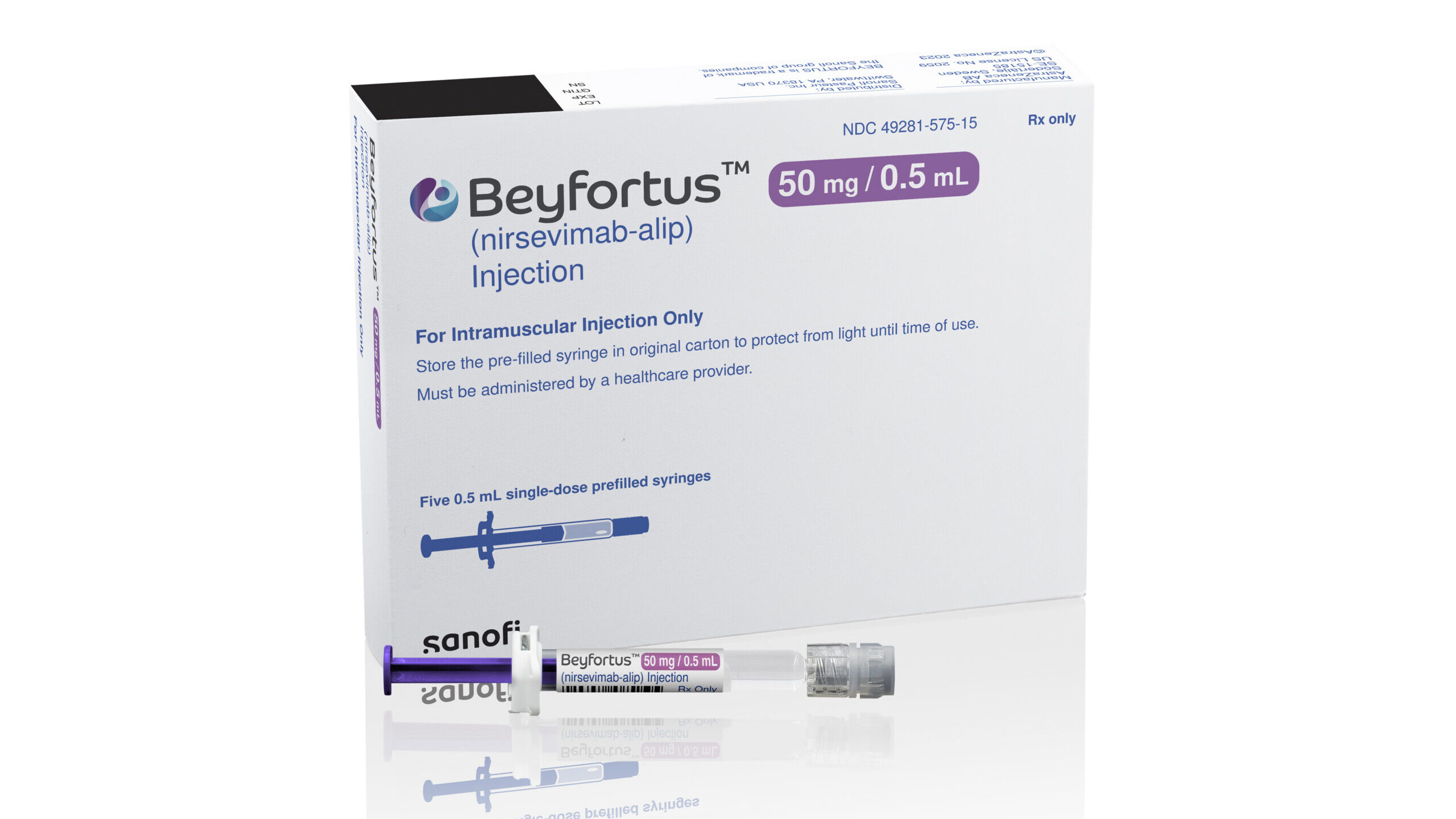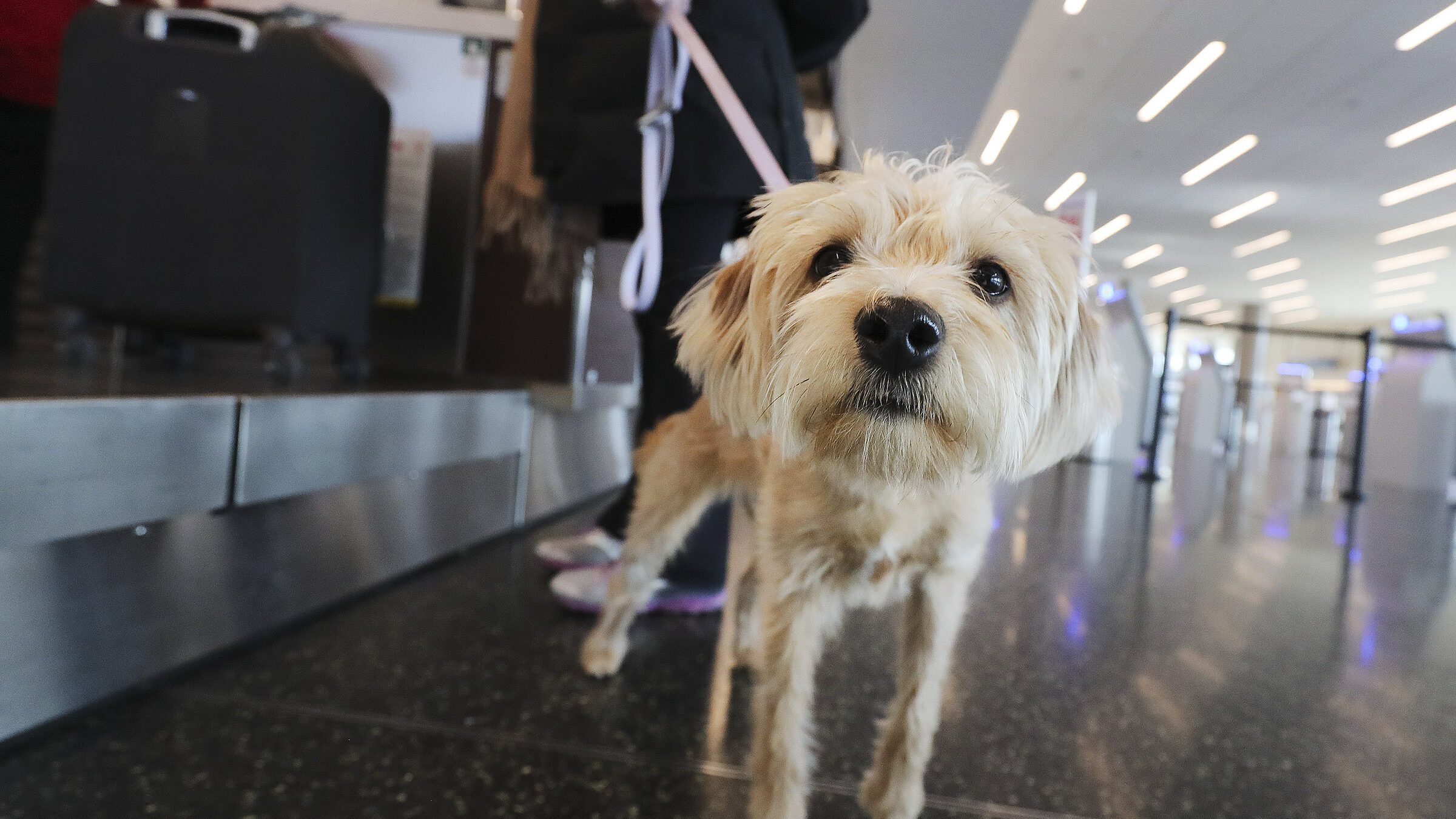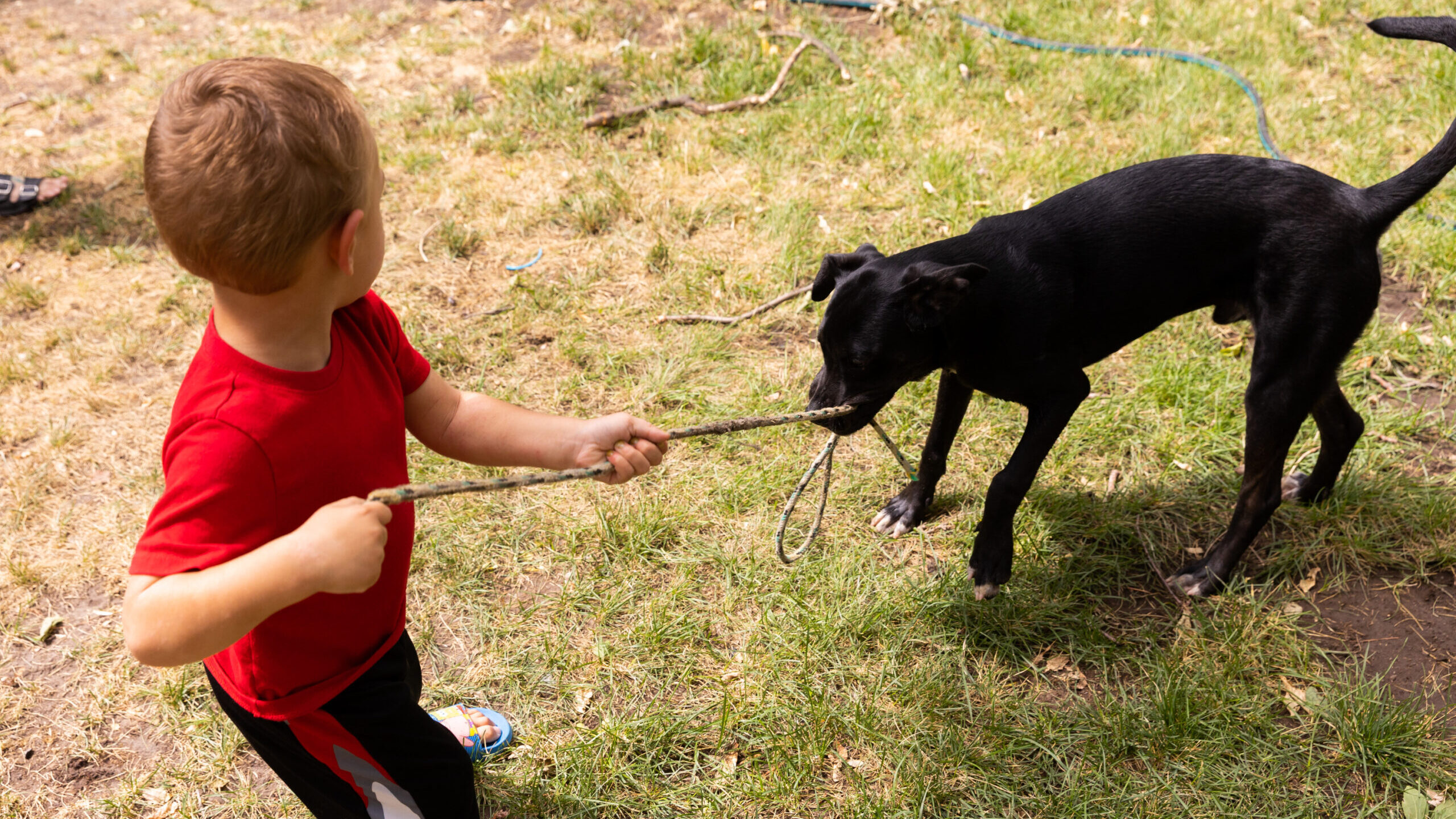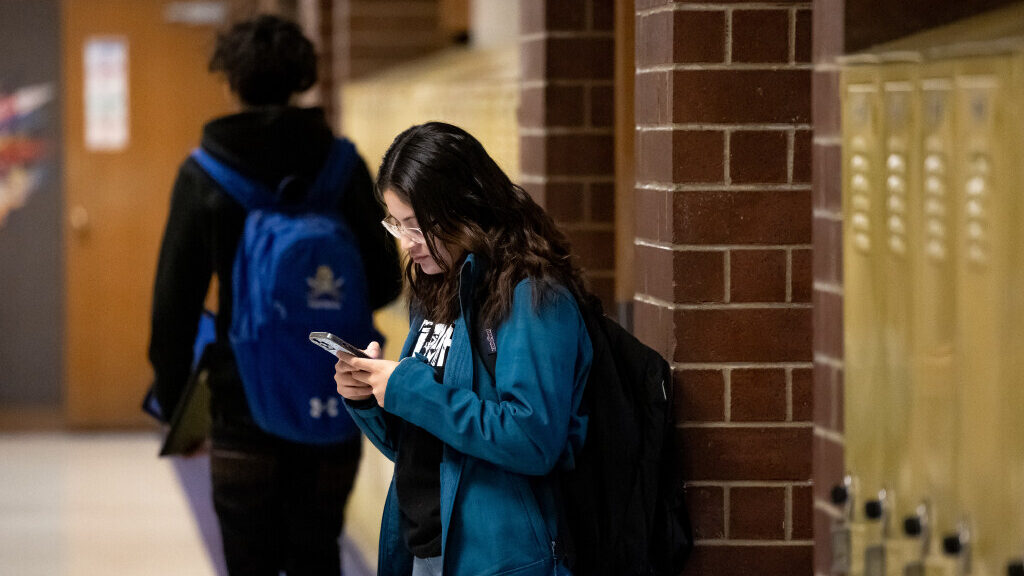RSV prevention drug approved by FDA
Jul 18, 2023, 1:00 PM

This illustration provided by AstraZeneca depicts packaging for their medication Beyfortus. U.S. officials have approved a new long-acting drug, an RSV prevention tool, to protect babies and toddlers against the respiratory virus that causes thousands of hospitalizations each year. The Food and Drug Administration on Monday, July 17, 2023 approved the injection for infants and children up to 2 years old. (AstraZeneca via AP)
(AstraZeneca via AP)
SALT LAKE CITY — The FDA has approved a prevention drug for RSV, or respiratory syncytial virus. Studies of AstraZeneca’s drug, beyfortus, showed it reduced the risk of young children catching the virus by between 70- and 75%.
Beyfortus is a monoclonal antibody treatment, not a vaccine. The difference is that vaccines work to help your body create its own antibodies. Monoclonal antibodies are laboratory-made proteins that mimic the body’s natural response, according to the FDA‘s website.
The RSV prevention drug is the first real tool to help prevent the virus.
What is RSV?
According to the CDC, RSV usually causes mild, cold-like symptoms like coughing, sneezing, and runny nose. Most healthy people will recover in a week or two, but for older adults and young children, such as infants and toddlers, the virus can be serious. It can lead to bronchiolitis and pneumonia.
It is transmitted by coughs and sneezes, and through surfaces.
Each year, on average, the virus hospitalizes 58-thousand children under the age of five.
The new RSV prevention tool, which is administered through an injection, is expected to help parents prevent their children from getting sick.
Related reading:
- Father of infant hospitalized with RSV warns parents to be alert as respiratory illness spreads quickly
- Illnesses such as RSV already striking children hard
- Citing rising RSV cases, Primary Children’s delaying some surgeries













